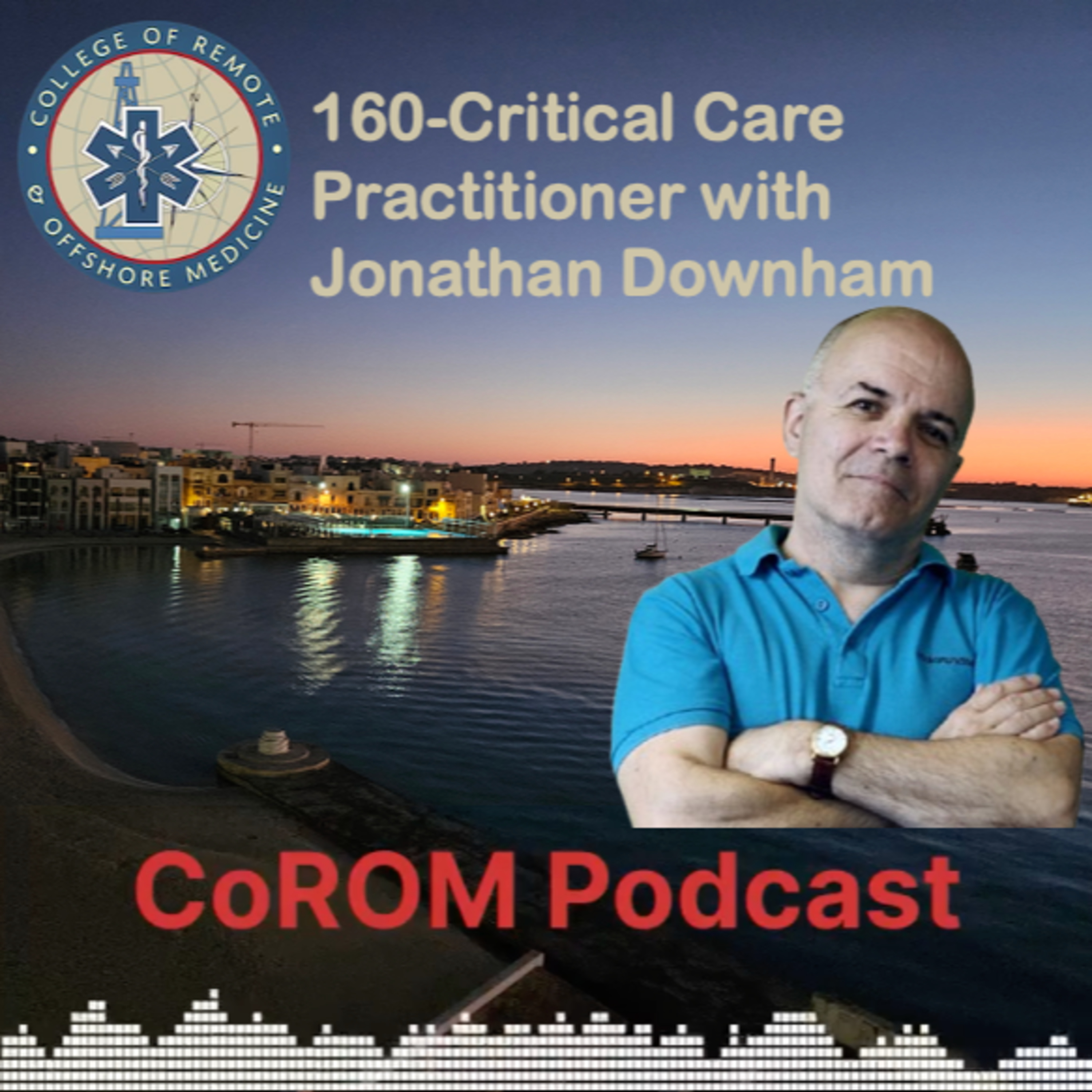Episode Description
This week, Aebhric O’Kelly talks with Jonathan Downham, an advanced critical care practitioner, who shares his journey and insights into the evolving role of advanced practitioners in healthcare. He discusses the training pathways, responsibilities, and the importance of collaboration with junior doctors. Jonathan emphasises the need for continuous learning, research opportunities, and the future of advanced practice in critical care. He also highlights his innovative approach to training through e-learning and podcasts, aiming to enhance the skills of healthcare professionals.
Takeaways
Jonathan Downham is an advanced critical care practitioner with extensive experience in nursing.
The role of advanced critical care practitioners (ACCPs) is to provide consistency in critical care units.
ACCPs are trained to perform many tasks traditionally done by junior doctors, enhancing patient care.
Training for ACCPs includes a postgraduate diploma and a master's degree, focusing on clinical skills and research.
ACCPs have their own license to practice and can prescribe medications independently.
The role of ACCPs is evolving, with opportunities in research and education.
There is a growing recognition of the value of ACCPs in the healthcare system.
The future of ACCPs may involve more independence and leadership roles in healthcare.
Jonathan has created an e-learning platform to enhance training for critical care practitioners.
Continuous learning and curiosity are essential for success in healthcare.
Chapters
00:00 Introduction to Advanced Critical Care Practice
04:34 The Role of Advanced Critical Care Practitioners
09:09 Training Pathways and Qualifications
14:06 Independence and Responsibilities of ACCPs
19:44 Research and Publication in Advanced Practice
26:40 Future of Advanced Critical Care Practitioners
29:21 Creating Educational Resources for Critical Care
33:22 Advice for New Practitioners
